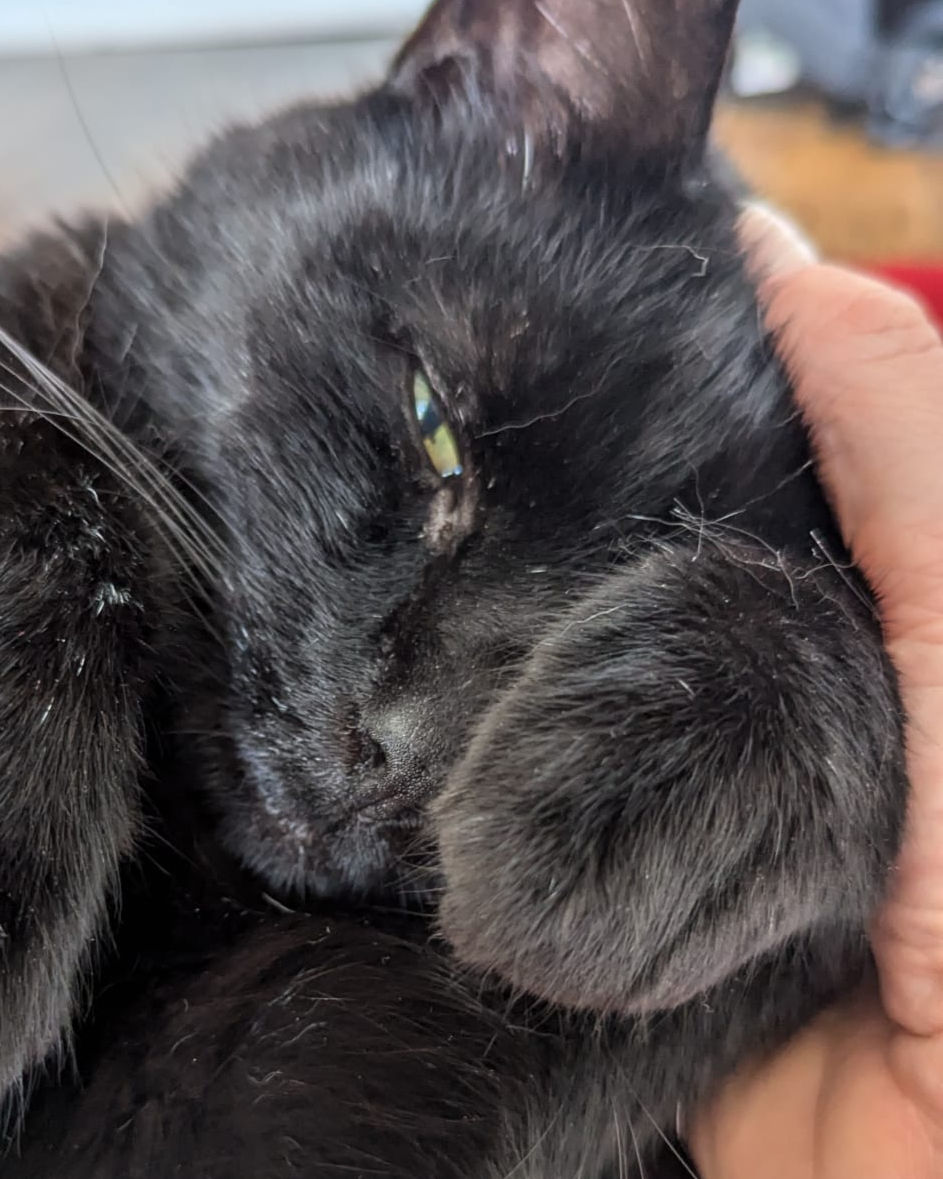What should I consider when training during menopause
- Lucy Hurn
- Sep 14, 2024
- 2 min read
Updated: Sep 30, 2024

The cat jumped up on the bed and tucked in next to my partner for a cuddle, leaving me feeling alone and rejected, and I burst into inconsolable tears. For the third time that day. Because of a cat!
After years of pretty good mental health, suddenly the littlest thing would set me off. I felt like I was falling deep into a hole, and anything I could have used to climb out had melted away.
Then the GP told me to stop exercising whilst they looked into the heart palpitations I was experiencing. Not only making me worry about my upcoming marathon, but losing the thing I depended on most to balance my mental health and to destress.
At the same time I was putting on weight, and shoulder pain was waking me up at 4am every morning, leaving me unable to get back to sleep, and stopping me swimming.
Even once the GP confirmed I was fine to exercise, every marathon training run felt like wading through sludge and my long run left me wiped out for the whole weekend. It felt far harder than training for a whole Ironman just a few years before. Running, the thing that had always lifted my mood, now brought me further down.

That was the beginning of this year. That was my body shouting out that my hormones were in full revolution mode, menopause was steaming towards me and I better listen.
Despite working with clients on menopause every day I still needed my body to get out a megaphone to tell me what I was doing wasn’t working and I that had to make changes.
Eventually I listened. I changed my approach to training, tightened up my nutrition and my sleep and recovery, got some help from the GP, worked on my mindset and more, and I’m in a much better place now.
And so I’m sharing my story here. Not because it’s remarkable - there are so many people in a much worse place than I was.
And not because my answers will necessarily be right for you - after years of supporting clients to navigate menopause alongside their training the only thing I can say for certain it is that everyone is different and the solution has to be based on each individual.
But because I hope that some of it might help you, give you ideas of a path to try or help you to know you aren’t alone, you aren’t going mad and that whilst change is really hard, there are things that you can do that can make a difference.
There’s lots of information here so I’ve split it into three posts:
Need support with training during menopause?
If you’d like to learn more about navigating your training through (peri-post) menopause then join me for my upcoming Menopause Week - a free series of online events from 8th - 11th October where we’ll be looking at all this in more detail.

Comentarios